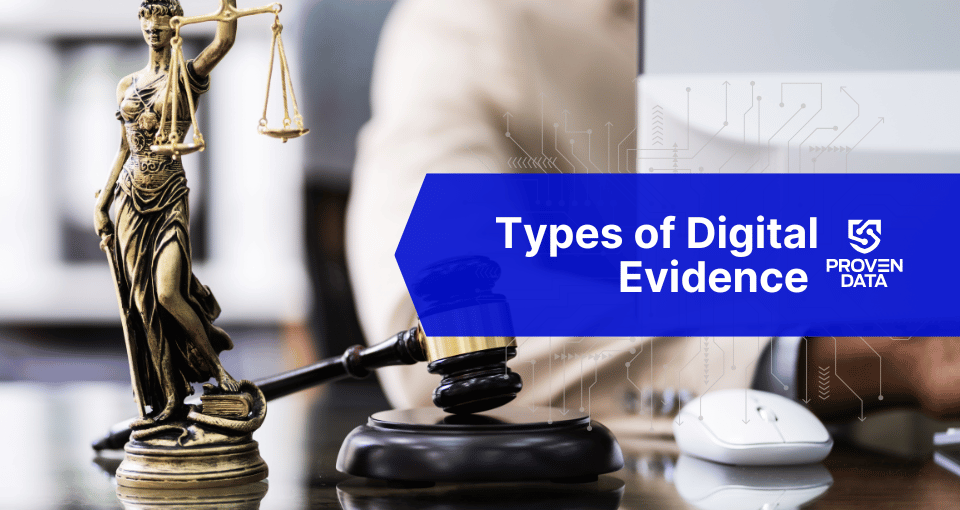More and more computers, tablets and smartphones are built today with solid-state drives (SSD) because they’re smaller, quieter, reliable, and faster than traditional storage drives. Unlike hard disk drives, solid-state storage devices have no moving parts, which creates a misleading impression that data is much safer on SSDs, but that’s not really the case.
Solid-state drives (SSD) have a higher vulnerability to some defects that aren’t an issue with traditional hard drives, such as abrupt power loss with no forewarning, magnetic fields and electric charges. Additionally, SSDs have a limited number of write cycles which means that the ability to write to the device will eventually wear out, leading to potential data loss.
Recovering Solid-State Drive (SSD) Data

When it comes to SSD recovery, the problem is that solid-state drives are new and recovering data from them is not like recovering data from a disc drive.
Many manufacturers claim that a solid-state drive should last for seven to 10 years, although the reality is that an SSD can fail after just three or four years, or sooner if it’s damaged. If you already have SSD technology in place, the need for data recovery may come sooner than you think; when your SSD fails, you’ll need a team of experts trained not only in SSD data recovery, but in SSD architecture to successfully recover your files and information.
Keep in mind that every solid-state drive is different, so the data recovery specialist you choose needs to have a track record for identifying individual SSDs, and knowing how to determine what’s wrong in order to figure the best recovery plan. In fact, as demand for SSDs increases and prices drop, recovery specialists will have to offer this very specialized service in order to compete.
Most SSDs rely on complicated controller technology to enhance the speed and reliability of storage. The architecture inside a high performance SSD is more complicated than that of most RAID systems and RAID recovery with multiple SSD devices will be extremely difficult with current software and tools available. The algorithms used to map logical addresses to physical media locations are different for each manufacturer, and the specifics are a closely guarded secret.
Recovering Data From Encrypted Solid-State Drive (SSD)
Additionally, many businesses and organizations are choosing to encrypt information on their solid-state drives in order to keep sensitive information confidential. Not all data recovery providers can rescue encrypted data from a failed SSD. If you lose encrypted data on your solid-state drive, make sure your data recovery expert has the knowledge and experience to deal with encrypted data quickly and successfully.
High performance SSDs are already a top choice for business use, and performance is the primary standard for choosing SSD storage solutions. In fact, performance trumps reliability as a priority in the choosing process, which means an increase in SSD recovery demand is coming up in the next few years, as the earliest units reach the age of vulnerability.
And in turn, as a growing number of data recovery specialists who can keep up with the ever-evolving SSD technology surface, even more businesses will be willing to embrace solid-state drive technology for their storage needs.
Want to learn more about data recovery costs?
Understand exactly what you are paying for when it comes to professional solid-state drive recovery services. Our data recovery cost guide can help you understand what it might cost to recover your SSD!
Proven Data’s Solid-State Drive (SSD) Recovery Commitment
Proven Data Recovery is committed to stay on top of cutting edge SSD technologies to maximize the best possible chances of safely retrieving your data!
Get More Info on Solid-State Drive Recovery







